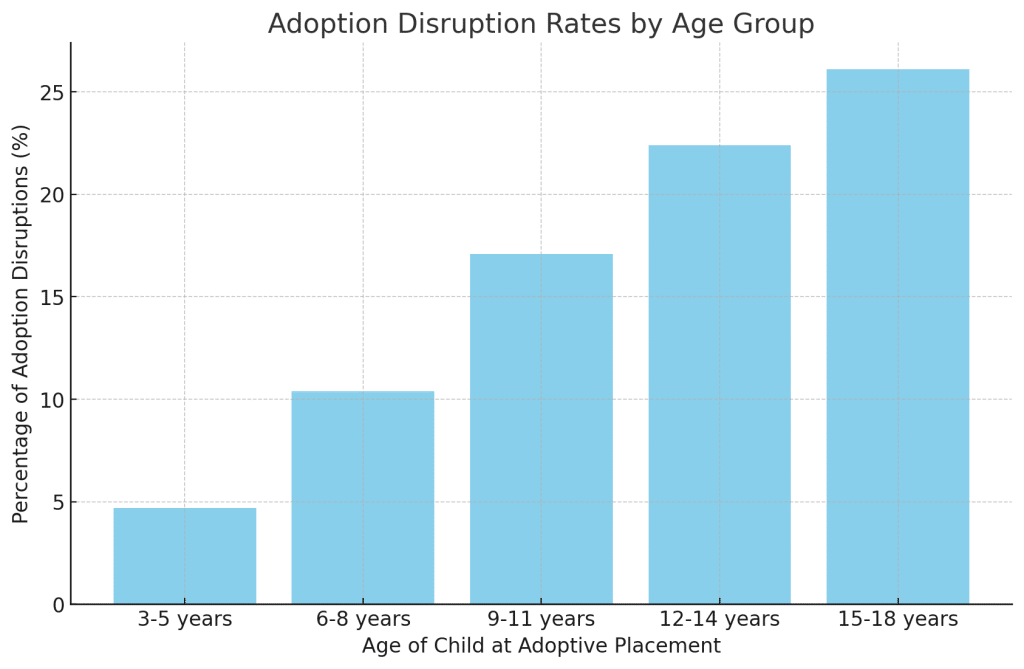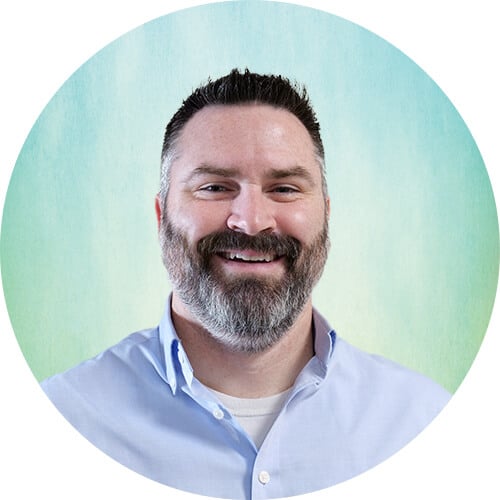Most adoptions are successful. However, a groundbreaking study in 1988 by Barth et al. examined public adoption cases and found that the older the adopted child, the higher the chance of disruptions, meaning failures. Other studies have since found the same thing.
The overall adoption disruption rate in the U.S. has been estimated at between 10% and 25%, according to americanadoptions.com.
The heart of the Preservation & Prevention Program is in its foundation — the innovative Open Mind Interventional Theory developed by Monica Jackman, combined with trauma-informed cognitive-behavioral interventions.
“The essence of our program is to mitigate the disruptions in adoptive placements across our 24 counties,” Pratt explained. “We often encounter adoptive families who hold an idealistic vision of what it means to adopt a child, especially an older one. They are not always ready to face the complex trauma histories these children carry with them.”

Jackman has a doctorate in occupational therapy and founded Little Lotus Therapy, which offers occupational therapy, speech-language therapy, telehealth consultation, and OpenMind© workshops for parents, children, and schools.
She will give an all-staff presentation on her training and specific training for staff members who will run the program.
The Preservation & Prevention Program operates with a priority hierarchy: adoption, kinship, and then foster placements. However, no child in need is turned away; foster cases are embraced when the capacity allows.
A robust intervention team will be at the forefront, with specialists holding (or working toward) degrees in social work, psychology, or human services. These specialists will work under the guidance of a program manager, adhering to the high standards set by the program.
The program aims to significantly reduce these numbers by equipping adoptive parents with the knowledge and skills to manage their new roles effectively.
“The more a child knows about their biological family and maintains some contact, the better their adjustment to the adoptive family,” Bruno said, highlighting the paradox that knowledge and relationships with their biological families foster stability with their new families.
Jackman’s work focuses on the neural psychology of children, and her interventions are designed to mitigate children’s triggers and
the behavioral issues that stem
from them.


